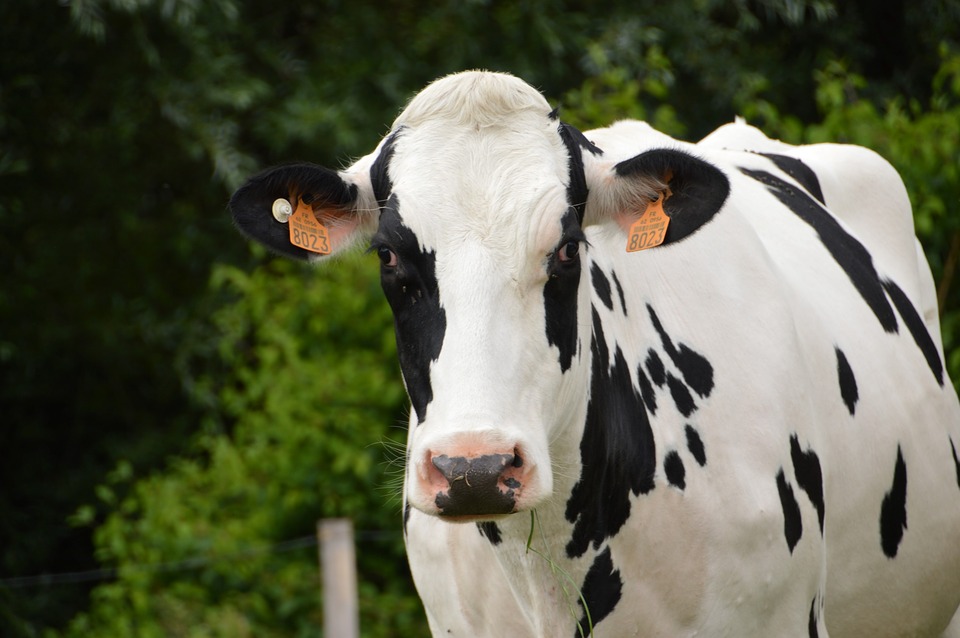The Ernst Federal Science Centre for Animal Husbandry from the Skolkovo Institute of Technology at The Moscow State University has produced the first viable cloned cow in Russia. This is after embarking on a study to make cows that produce hypoallergenic milk. The research was published in The Dolklady Biochemical and Biophysics journal.
The calf, which was born on April 10, 2020, weighed 138 pounds at birth. At 14 months, it weighed 900 pounds. It was kept with its mother during the first year of its life and integrated with other cows in May this year, where it was able to adapt quickly. The cow is said to be healthy and with regular reproductive cycles.
Process of cloning
The scientists used somatic cell nuclear transfer (SCNT) in cloning with embryonic fibroblasts as nuclei donors. In this process, a nucleus from another donor is transferred into an ovum that has its nucleus removed. The resulting embryo is implanted into the uterus of a cow, which then carries it to full-term.
Cloning a cow that produces hypoallergenic milk
The researchers wanted to clone cows that produced milk for lactose-intolerant people. They removed the genes responsible for creating beta-lactoglobulin, which is known to cause lactose intolerance.
According to Petr Sergiev, one author of the study, they used the CRISPR/Cas9 tech to remove the genes responsible for beta-lactoglobulin. The genes targeted were PAEP and LOC100848610. There are two copies of each of these genes that need to be turned off. By cutting them out, they made genetically edited embryonic fibroblasts which were then used in the SCNT procedure.
The team plans to use the edited genes to create more cows with the ability to produce hypoallergenic milk.
The researchers note that results from the process are not entirely certain. Furthermore, the process of genetic editing is expensive. Although genetically modified mice are available globally, Sergiev states that it is harder to edit the genes of other animals.
Meanwhile, scientists in New Zealand have used CRISPR/Cas9 to clone cows with grey instead of black patches to lower the amount of heat they absorb while grazing in pastures.


